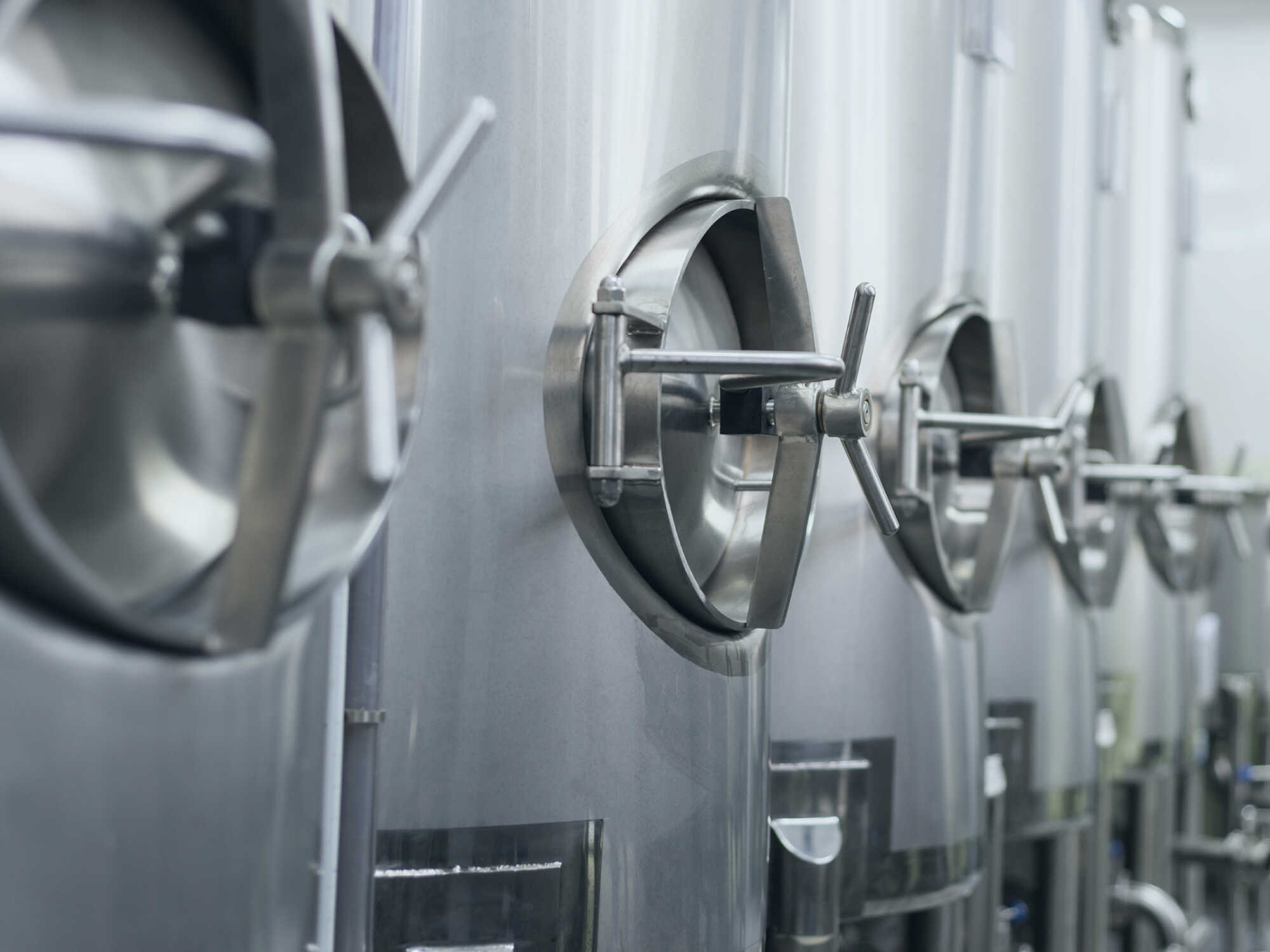
The Science of Alt Protein: Deploying alternative feedstocks for biomanufacturing of food

Event description
Large-scale production of alternative proteins, oils, and specialty foods via microbial fermentation can reduce food prices, enhance nutritional value, and mitigate environmental and land-use impacts associated with traditional agricultural. At present, these benefits are often diminished by continued reliance on corn and sugarcane-derived feedstocks as primary substrates for bioconversion.
At the Advanced Biofuels and Bioproducts Process Development Unit (ABPDU) within Lawrence Berkeley National Laboratory, they collaborate with diverse academic, national laboratory, and industrial practitioners in support of process optimization, intensification, and scale-up of emerging biomanufacturing applications. These applications include a variety of strategies designed to activate lower-cost and lower-impact fermentation feedstocks. Use of waste biomass – including agricultural wastes and forestry residues – as substrates in food applications is challenged by biomass recalcitrance, feedstock toxicity, and downstream separations challenges.
Recent advances piloted at ABPDU include separation-free bioprocessing strategies and use of distillable pretreatment solvents to reduce both input costs and burdens on downstream separations. In addition to biomass resources, single-carbon and gaseous feedstocks – including biogas, ethanol plant off-gas, industrial waste gas, biomass gasification syngas, and electrochemical CO2 reduction intermediates – offer a compelling combination of low cost, high purity, and high accessibility to bioconversion.
To accelerate deployment of these feedstocks, ABPDU has invested in multiplexed gas fermentation bioreactors featuring active backpressure control and dynamic supply of up to four gases in parallel. Use of these scale-down systems has catalyzed improvements in efficient flux of C1 feedstocks to protein biomass, including aerobic syngas conversion, co-conversion of multiple C1 substrates, and integrated biochemical-electrochemical reactor systems.
In this webinar, Eric Sundstrom, Ph.D., and Ning Sun, Ph.D., will discuss key advancements in bioconversion of both C1 and lignocellulosic feedstocks, implications of these technologies for production of renewable food products, and the role of ABPDU as a federally-funded testbed for accelerated deployment of emerging technologies in the food sector. The general bioseparation process will also be discussed with specific case studies related to food product.
Meet the speakers

Ning Sun, Ph.D.
STAFF SCIENTIST, LAWRENCE BERKELEY NATIONAL LABORATORY
ADVANCED BIOFUELS AND BIOPRODUCTS PROCESS DEVELOPMENT UNIT
Dr. Ning Sun is a staff scientist at the Advanced Biofuels and Bioproducts Process Development Unit (ABPDU) at Lawrence Berkeley National Laboratory (LBNL). She earned her Ph.D. in Chemistry in 2009 and joined LBNL as a postdoctoral researcher in 2010. Since 2015, she has led the Catalysis, Analytical, and Recovery teams at ABPDU, collaborating with industry, national labs, and academia on projects focused on biomass conversion, product recovery, and analytical methodologies. Ning’s research is dedicated to the valorization of diverse waste streams—including municipal, agricultural, forestry, and plastic waste—into high-value products. She also specializes in utilizing analytical tools to monitor and understand material attributes for optimized transformations. Additionally, her team develops downstream recovery processes to achieve targeted bioproduct recovery yields and purity.

Eric Sundstrom, Ph.D.
STAFF SCIENTIST, LAWRENCE BERKELEY NATIONAL LABORATORY
ADVANCED BIOFUELS AND BIOPRODUCTS PROCESS DEVELOPMENT UNIT
Dr. Eric Sundstrom is a Staff Scientist at Lawrence Berkeley National Laboratory, where he joined the Advanced Biofuels and Bioproducts Process Development Unit (ABPDU) in 2015. As a group leader of the ABPDU Fermentation and Recovery Team, he has directed 25+ industrial partnerships, leveraging national laboratory capabilities to accelerate commercialization of new biofuels, biomaterials, biochemicals, and food products. His research addresses critical barriers to process scale-up, intensification, and integration for novel bioconversions, aiming to speed industrial deployment by reducing process costs, development timelines, and scale-up risks. These projects include a particular focus on intensification of integrated biomass-to-biofuels processing, development of novel process configurations and separations technologies, and characterization of emerging C1 and gaseous bioconversion technologies. He received his Ph.D. in Environmental Engineering from Stanford University in 2013, where he developed microbial community-based approaches for bioconversion of waste methane into renewable bioplastics.
